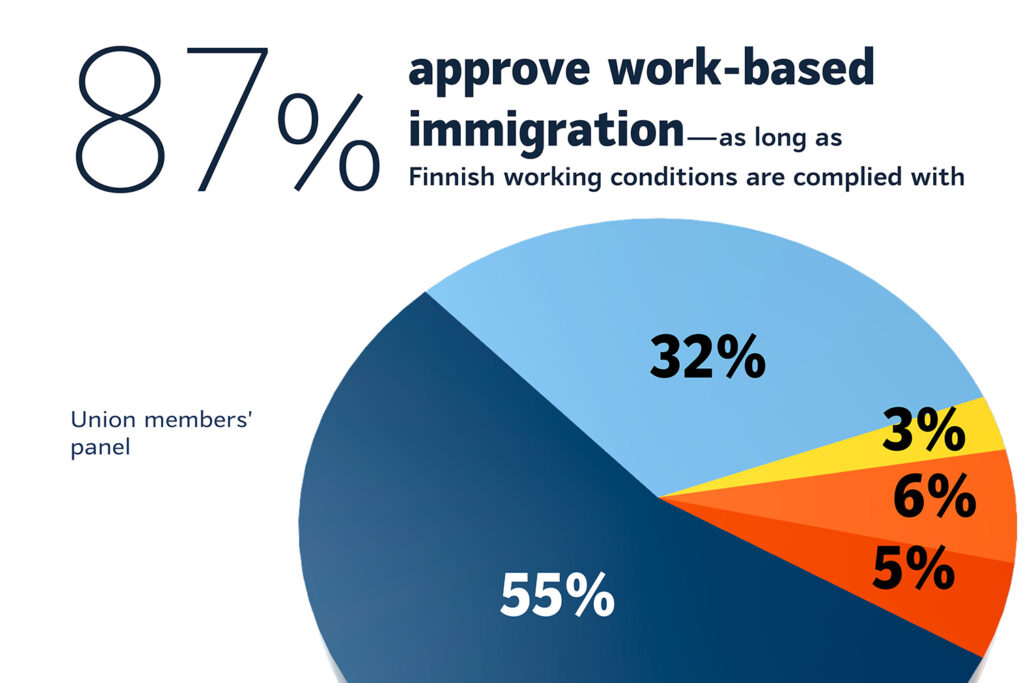Plan to sideline competence
Finland’s right-wing government plans to change local bargaining by sidelining shop stewards and make it possible, in some cases, to cut pay.
Local bargaining encompasses company level agreements regarding terms of work. The collective agreements list several areas, where it is possible to agree on something differently than that written into the sector collective agreement. These can be issues like organising work shifts, fixing holidays, and deciding on measures that have some influence on pay.
This kind of flexibility is welcomed by both companies and employees. In the technology sector, local bargaining has been part of the union collective agreements since 1994.
On the company side, the local bargaining negotiators are professionals on the issues negotiated. Therefore, it is extremely important that employees are represented by shop stewards who often have considerable experience and always have the possibility to get union training and advice.
The purpose of all this is to sideline the dedicated guardians of employees’ interests, who have experience, training and union experts’ support for local bargaining.
Now, this is what the Orpo-Purra Government wishes to tear down. They are drafting legislation that will give full rights to conduct local bargaining also to those companies that are not organised in the employers’ associations. Up until now, only organised companies had the right to conduct local bargaining.
Where there is no union shop steward in an unorganised workplace, the government envisages an elected staff representative, or the whole staff, taking responsibility for dealing with local bargaining. Strangely enough, the government also plans, that in the unorganised companies, a shop steward would only have the right to represent those who elected him or her.
The purpose of all this is to sideline the dedicated guardians of employees’ interests, who have experience, training and union experts’ support for local bargaining.
The government plan is to allow, as today, local bargaining only on issues defined in the national collective agreement. However, there are unforeseen dangers lurking if employee representatives are not competent enough.
Foreign companies come out as winners
The planned changes in the local bargaining legislation will distort competition. In the worst case scenario, pay might drop by even tens of thousands of euros a year.
Foreign employers active in Finland could take advantage of the new legislation. In these companies, employees are usually not organised in the Industrial Union, and there might be high turnovers in staff also. Among such employees, knowledge of the Finnish legislation and collective agreements is probably pretty limited, too.
Kari Lähteenmäki, the technology sector chief of collective bargaining, calculated for Tekijä some examples were a foreign company to take full advantage of the local bargaining included in the collective agreement.
It is not possible to go below the lowest pay, 10.52 euro per hour. But, by changing rules concerning the pay scale, working hours and holiday compensation there is room for major cuts. In more demanding jobs, the pay cut under a lousy local agreement could go, step by step, up to 41 per cent. With this pay, the foreign companies could easily win bidding competitions against domestic companies.




